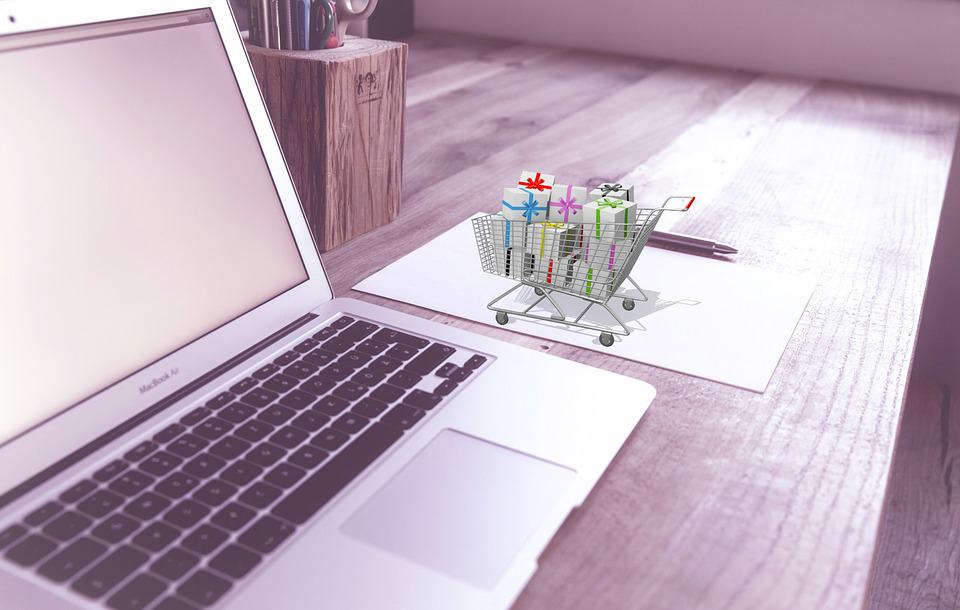
The 6 step approach to make purpose-driven business commercially viable
Guest Blog Exclusive! Greenkart brings you 6 top tips on making purpose-driven businesses commercially viable…
…
Shopify Flow is a workflow automation tool available to merchants on the Advanced Plan. Do you want to stop manually completing basic, time-consuming tasks, increase efficiency, and scale the business? Shopify Flow is the solution for you.
Automation is evolving from being a simple convenience to being almost a necessity to the scalability of a business. In the area of eCommerce, this can be especially true as automation and digitisation of businesses is a hot topic of discussion and are being implemented more and more in this space.

Shopify Flow is an eCommerce automation tool with no coding necessary. This tool was built to reduce the number of tasks that merchants had to accomplish manually and repetitively. Shopify Flow allows for quick-and-easy workflow automation creation. Because of its simple drag-and-drop interface, anyone can build one of these workflows. There are thousands of workflow templates you can try for yourself or you can even build a new one. Regardless of what you decide on, all of these workflows are customisable.
There are three main components of the logic powering the Shopify Flow workflow automations are triggers, conditions, and actions. Shopify defines them as:
Shopify Flow helps businesses maximise their efficiency. It automates any process you would otherwise need to do manually and multiple times. This saves merchants valuable manpower and time that can be better used in other areas of the business.
Automation gives space for tasks that require more complex thinking. When people can spend less energy on time-consuming and even tedious manual tasks, this gives them the means to focus on tasks that are more vital to the growth of the business.
Furthermore, when liberated from monotonous, laborious work, people can focus on things they actually want to do, are passionate about, and skilled in (design, marketing strategy, customer service, sales, etc.) Morale is an important aspect of work efficiency.
No matter how good you are at your job and no matter how careful, human error will always be a risk. There are many processes behind every online purchase. There are several tasks that need fulfilling, and hand-offs to different point persons are common before an order reaches the customer. Down the line of multiple manual processes, the margin of error can definitely increase.
Shopify Flow allows for risks like these to be avoidable. It automates routine tasks that may be small but important to the running of the business. These automated processes are reliable, fast, and easily observed and checked.
If your order volume is low and you are capable of assigning a team to oversee certain manual tasks and processes, that is doable. However, that may not be sustainable. Orders may begin pouring in and what may have been manageable at first can get out of hand. If you’re a smaller business with not much personnel to spare, that could slow the operation of the business as you scramble to find the manpower or the time.
Automating repetitive, manual tasks improves efficiency and generally makes it easier for a business and its personnel. Not only that, but it gives room for sustainability scalability, and minimises errors that may occur when the business grows.

Customers don’t like it when their favourite product isn’t in stock, and businesses don’t want this to happen either. This can be avoided through the creation of a notification system. This can inform you when the inventory of a certain product goes under a specified amount. You can even go a step further by creating a notification for products that are in high demand with customers. Then you list these products as priority shipments.
Smarter marketing spend allows you to communicate with your team to halt marketing for a product that is not in stock. Then you can send them another message once it is restocked.
Stellar shipping communication gives step-by-step order updates to customers. You can create push notifications with Shopify Flow to inform customers about the state of their order (order being processed, order being packaged, order shipped, order out for delivery, etc.) These seeming small quality-of-life additions could significantly influence the customer experience and whether or not they decide to purchase from you again.
You can produce an improved customer experience by creating customer tags. These tags are based on buyer behaviour. An example of such behaviours includes how many orders a customer places, and what sales channels they like to shop on. This type of information about your customers allows you to build and segment messaging lists so you can reach out to customers in a more personalised way.
You can flag certain orders based on several parameters that you set and determine certain actions based on how risky it is. High-risk orders may include orders that have blacklisted emails, for instance. You can set actions to cancel those types of orders.
Whether through one of the thousands of pre-made templates or one you make from scratch, Shopify Flow offers customisable automation so merchants don’t have to sweat with the small stuff.
The amount of choice when it comes to Shopify Flow might be overwhelming for some. People who aren’t familiar with the tool may not know how to use it effectively and integrate it into their business. If you have a client who might fit this description, have a “sit down” with them and find out what areas in their business might benefit from automation. Take into consideration any customer feedback or comments received from teams on the sales side of things. All of this could help pinpoint areas where you can replace manual tasks with automated processes.
With how easy automation is to set up and update as needed, Shopify Flow could be a game-changer for clients being bogged down by unnecessarily time-consuming tasks. It saves time, allows manpower and talent to be used more efficiently, and can positively impact the growth of a client’s business.
Need an answer to a problem? Take a look at our insights section to find advice, guidance and recommendations across a range of e-commerce topics – from conversion to retention and loyalty, from systems integration to remarketing.




Copyright © 2022 Quickfire Digital